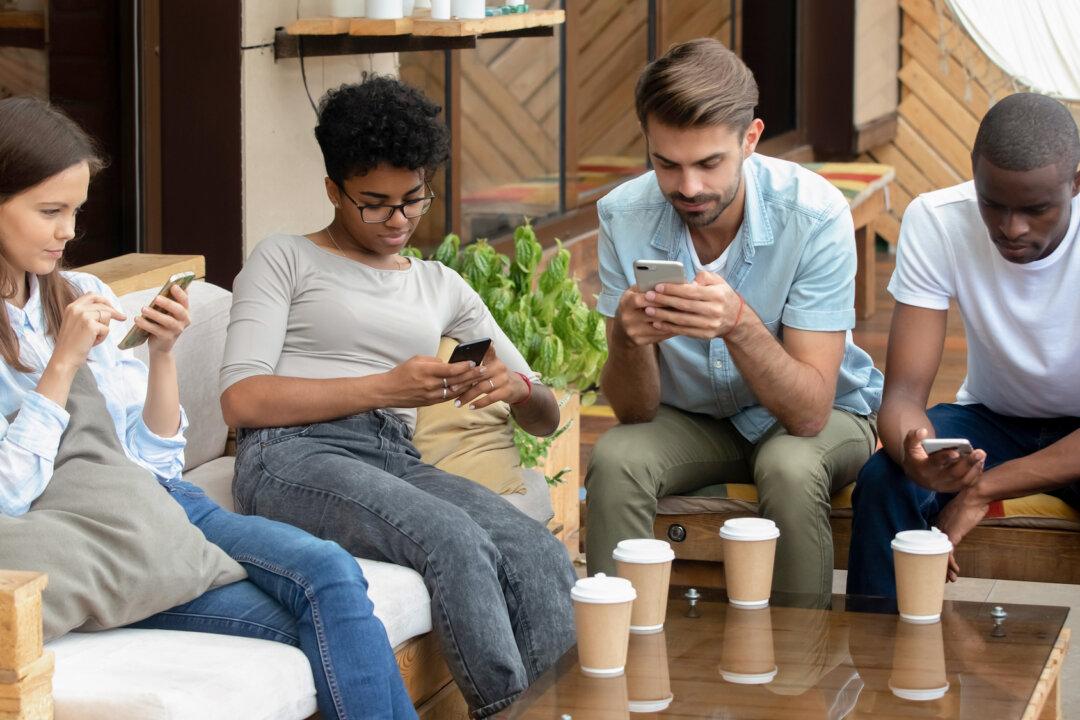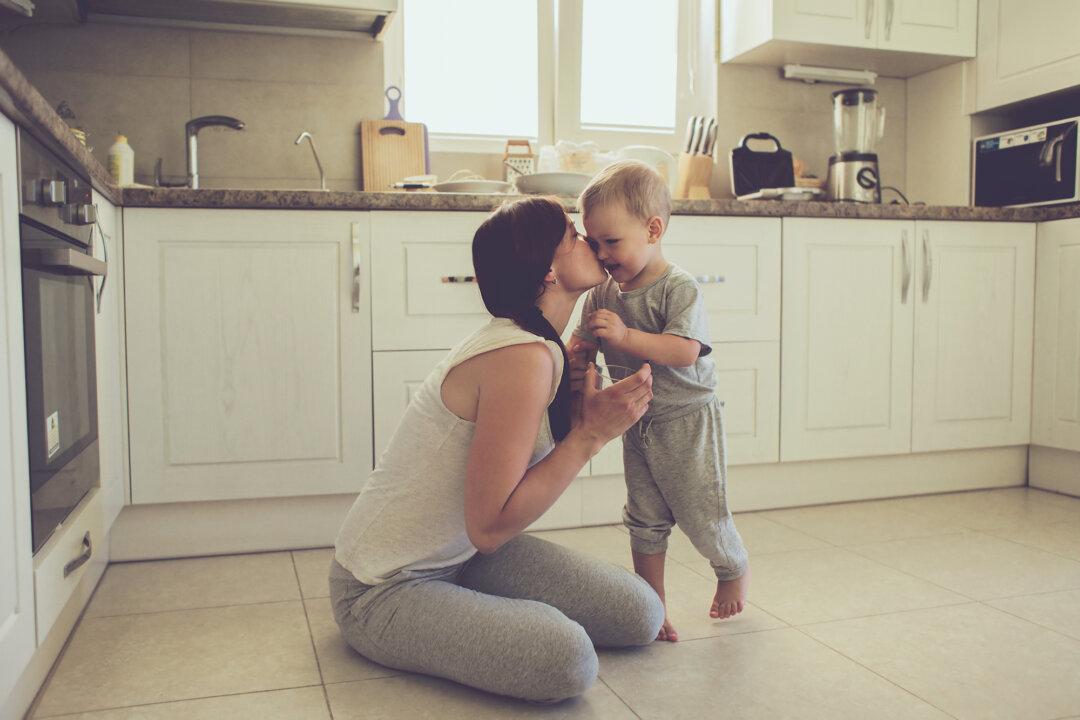Technology has been invaluable to keep us all connected during the COVID-19 pandemic, but could it also be separating us from those we love most?
Smartphones keep us informed and provide a constant stream of news and entertainment. I gifted my husband some wireless headphones because he loves to listen to podcasts. With them, he has access to news from renowned institutions around the world from any part of the house. I also insisted some years ago that he upgrade to a smartphone. It opened up a new world, and he can now follow the latest sports results anytime and anywhere.


